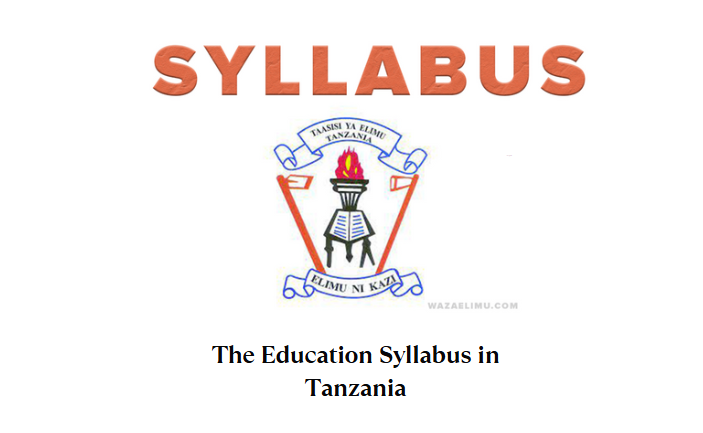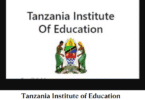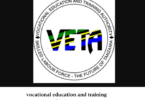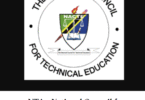The education syllabus in Tanzania is a crucial document that outlines what students learn in school and how teachers teach it. It is used across all schools, both public and private, to ensure that every child in the country receives the same quality of education, regardless of their location.
The syllabus outlines the subjects to be taught, the topics covered within those subjects, and the skills students should acquire at every level of education. It also provides guidance on how teachers should plan their lessons, the time they should allocate to each topic, and how to assess students’ progress.
Who Prepares the Syllabus
In Tanzania, the Tanzania Institute of Education (TIE) is responsible for designing and reviewing the syllabus. TIE collaborates closely with the Ministry of Education and other partners to ensure that the syllabus meets the nation’s needs, supports economic development, and equips students to navigate today’s world with the right knowledge and skills.
What Makes the Syllabus Special
The Tanzanian syllabus has some important features that help students succeed:
- It is competency-based. This means it focuses on helping students develop practical skills that they can apply in their daily lives, rather than just memorizing facts.
- It encourages active learning. The syllabus promotes teaching methods that involve students in discussions, problem-solving, group work, and practical activities, rather than just listening to the teacher talk.
- It builds good values. The syllabus covers topics that educate students on ethics, human rights, gender equality, patriotism, environmental stewardship, and respect for others.
The Syllabus at Different Levels
Pre-Primary and Primary School
At this stage, the syllabus aims to give children a strong foundation in reading, writing, counting, and basic life skills. Subjects include Kiswahili, English, Mathematics, Science, Social Studies, Civics and Moral Education, Vocational Skills, and Religion.
Secondary School (Form I to VI)
The syllabus becomes more comprehensive and in-depth at this level.
- Ordinary level (Form I to IV): Students learn subjects such as English, Kiswahili, Mathematics, Biology, Chemistry, Physics, Geography, History, Civics, Bookkeeping, Commerce, Agriculture, and Computer Studies.
- Advanced level (Forms V and VI): Students choose subject combinations such as Physics-Chemistry-Biology (PCB) or History-Geography-Economics (HGE), depending on their desired university studies or career path.
Teacher Training
For those training to become teachers, a syllabus is available that covers topics such as teaching methods, child development, and classroom management. It also helps future teachers become experts in the subjects they will teach.
Vocational and Technical Education
There are also syllabi for students who take technical or vocational studies. These focus on practical skills in areas such as mechanics, electrical installation, tailoring, carpentry, and hospitality, preparing students for jobs or self-employment.
Why Is the Syllabus So Important
The syllabus helps to:
- Ensure that all students receive the same instruction, regardless of their school location.
- Guide teachers so they know what to teach and how to teach it.
- Prepare students fairly for national exams, as they are based on the syllabus.
- Equip students with knowledge, skills, and values that will help them in higher education, at work, and in their communities.




